
by Elsa Soto | Nov 25, 2022 | Blog, Homeowners, Property Management
How to Become a Landlord Investing in a rental property can be a great way to generate income each month while building your real estate investing portfolio. However, knowing how to be a landlord often requires previous experience, which you may not have as a...
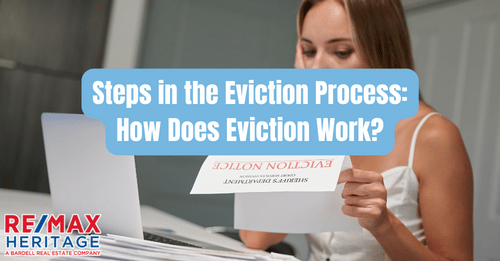
by Elsa Soto | Nov 18, 2022 | Blog, News, Property Management, Renters
How Does Eviction Work? Going through an eviction isn’t an ideal outcome for landlords or their tenants. Surprisingly though, the eviction process is more common than you think — according to the U.S. Federal Reserve, roughly 3 million non-homeowners were evicted or...
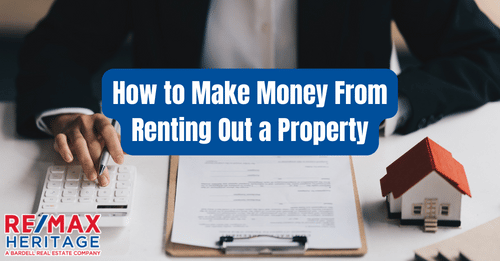
by Elsa Soto | Nov 11, 2022 | Blog, Homeowners, Homes, Villas and Condos, Property Management
Making Money Renting Out Property There are various benefits of investing in real estate, such as generating passive income to qualifying for tax advantages. But renting out a property requires more than finding tenants — you’ll also need to find investment...
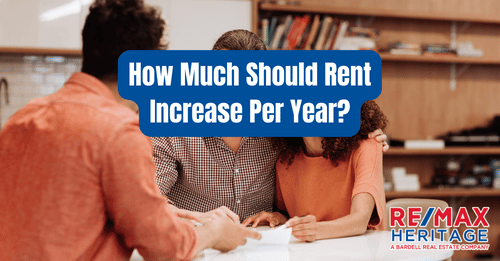
by Elsa Soto | Nov 4, 2022 | Blog, Homeowners, Homes, Villas and Condos, Investment Property in Florida, Property Management
How Much Should Rent Increase Per Year? When managing a rental property, you’ll need to regularly adjust your rent price to remain competitive and fair for your area, as well as cover rising costs of rental property ownership. But it’s important to know what factors...
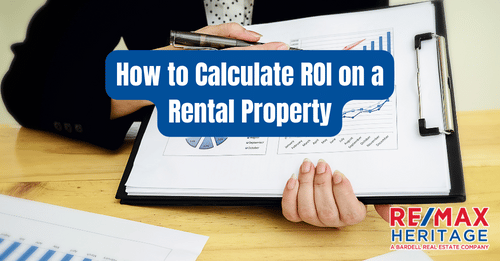
by Elsa Soto | Oct 28, 2022 | Blog, Homeowners, Homes, Villas and Condos, Investment Property in Florida, Property Management
How to Calculate ROI on a Rental Property Buying a rental property is a great way to generate passive income, qualify for tax advantages, establish home equity, and more. But to generate income, your rental property needs to provide a good return on investment...
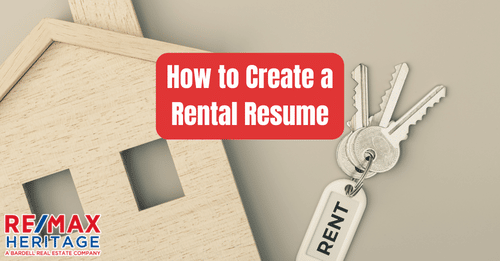
by Elsa Soto | Oct 21, 2022 | Blog, Homeowners, Homes, Villas and Condos, Property Management, Renters
How to Create a Rental Resume How to Create a Rental Resume Finding rentals that meet your criteria is one step, but getting your application in front of the competition is becoming a common part of the apartment search process. There are a few ways you can increase...








